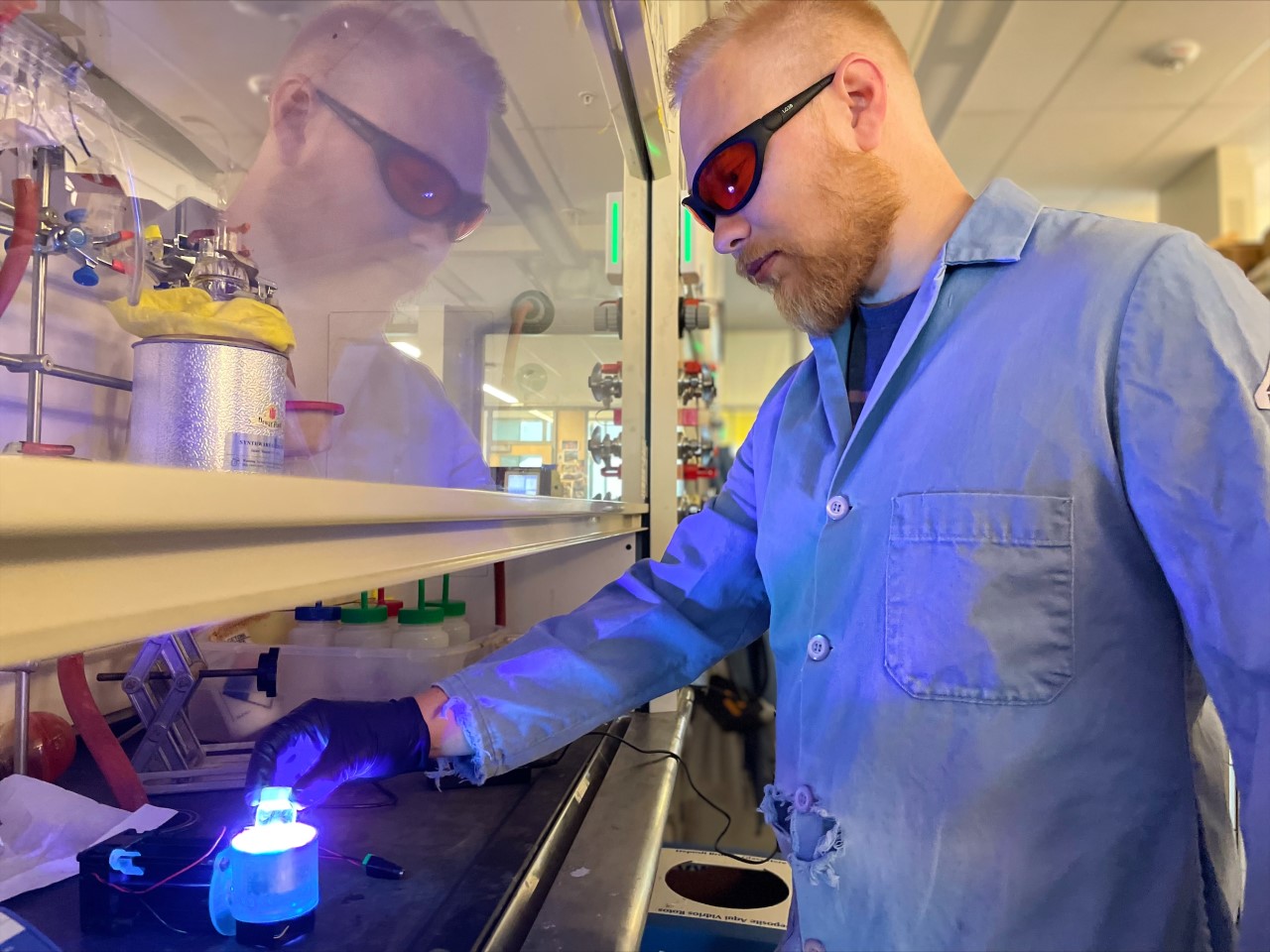
Alex Green, a CSU doctoral student in the Miyake Research Group, participated in the NSF’s I-Corps training with Chemistry Professor Garret Miyake.
Colorado State University is joining an elite group of Western research universities in a program funded by the National Science Foundation that assists faculty and students trying to commercialize their technologies and other intellectual property.
This fall, the NSF announced that CSU has been added to its “I-Corps Hub” for the West Region, a hub that includes the University of Southern California and other top research universities. The designation includes an initial award of $350,000 over two years to assist the University’s efforts to commercialize technologies developed by its graduate students and faculty.
CSU has used a portion of the funding to create a one-stop shop for innovation and entrepreneurship: a new website that is a collaboration among the Institute for Entrepreneurship, the Office of the Vice President for Research, and CSU STRATA, the new company name for the combined services of the CSU Research Foundation and CSU Ventures.
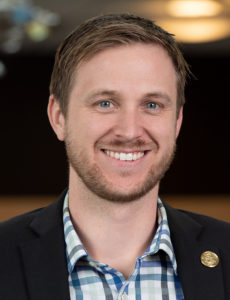
‘All living in one place’
“It’s been so hard to navigate our entrepreneurship ecosystem,” said Scott Shrake, assistant vice president for strategy and executive director of the Institute for Entrepreneurship in the College of Business. “Now it’s all living in one place with us, VPR and CSU STRATA. This is a great win, being recognized and funded as part of the Hub for the multiple years.”
He said the move is exciting on multiple fronts.
“The highlights are strengthening the innovation and entrepreneurship ecosystem, helping faculty and grad students commercialize the incredible intellectual property they have and joining these other peer institutions that are doing great work in the space,” Shrake said.
Shrake is leading CSU’s I-Corps effort with co-principal investigators Amber Krummel, an associate professor of chemistry, and Jeff Muhs, who also leads the Rockies/Plains Energy Accelerator for Commercializing Hardtech (REACH) within the CSU Energy Institute.
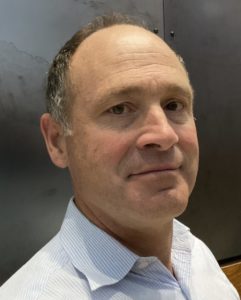
Alternate market discovery method
Muhs explained that the I-Corps Hub is an NSF training program that teaches faculty and grad students a different approach for identifying markets for their intellectual property. Researchers are trained to exercise restraint when discussing their proposed solution to prospective clients. Instead of leading with their idea, they are taught to just ask questions about the challenges their potential customers face.
“What this I-Corps course does is it helps technologists set aside their preconceived notions of where their technology ought to fit in the marketplace,” Muhs said. “It basically teaches you to go out and ask perceived customers about their problems and how this technology might address those problems.
“Rather than starting by talking about their technology, they start by asking questions about the processes that those people go through to acquire new technology and the pain points where new technology could be useful,” Muhs explained. “The program teaches you to hold back on discussing technology, focus on the needs and desires of the individuals they’re calling and use the information received as a better gauge of where their technology might eventually fit.”
Personal lesson learned
He cited his own challenge earlier in his career, when he was working on a technology to funnel sunlight into buildings using fiber optics. Muhs and his fellow researchers assumed that the application would be for big-box retail stores like Walmart, but they later learned that their key markets were actually jewelry and furniture stores, a finding that the I-Corps process would have revealed earlier.
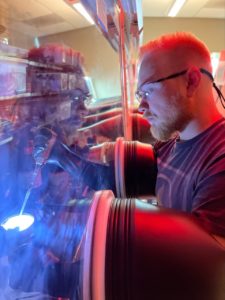
“Having not done this, and knowing that I should have, I became a firm believer in the program,” he said. “I-Corps is a great way for faculty and grad students to dip their toe in the water of commercialization and understand whether they have a good idea that could be commercialized. It adds to their understanding of the business world and where their technology might fit.”
He added: “And it increases their likelihood of getting future funding for the technology because of the partnerships they end up creating through these customer discovery conversations. Organizations like NSF now look at the bios of PIs on certain types of research projects to see if they’ve gone through I-Corps training. If they have, PIs are more likely to receive funding.”
In good company
Muhs explained that joining the NSF hub means CSU will be rubbing elbows with some of the country’s research powerhouses.
“The nice thing about this particular hub that we’re joining is that USC and the other partners have really strong track records for startup company development, and so CSU will be learning from some of the best universities how to go about commercializing technologies through startups,” he said.
Chemistry Professor Garret Miyake has ties to two startup companies that benefited from the I-Corps program, and he’s gone through the training himself.
New Iridium, a company that Miyake co-founded with his former postdoctoral student and CEO Chern-Hooi Lim, specializes in decarbonizing chemical manufacturing by using light energy instead of heat. It is inspired by photosynthesis and uses advanced “photocatalysis” technology. It reduces the steps required in traditional chemical manufacturing, creates fewer byproducts, and utilizes carbon dioxide as a feedstock, removing that greenhouse gas from the environment, Miyake explained. Lim was named to Chemical and Engineering News’ “Talented Twelve” last year for conducting “world-changing work.”
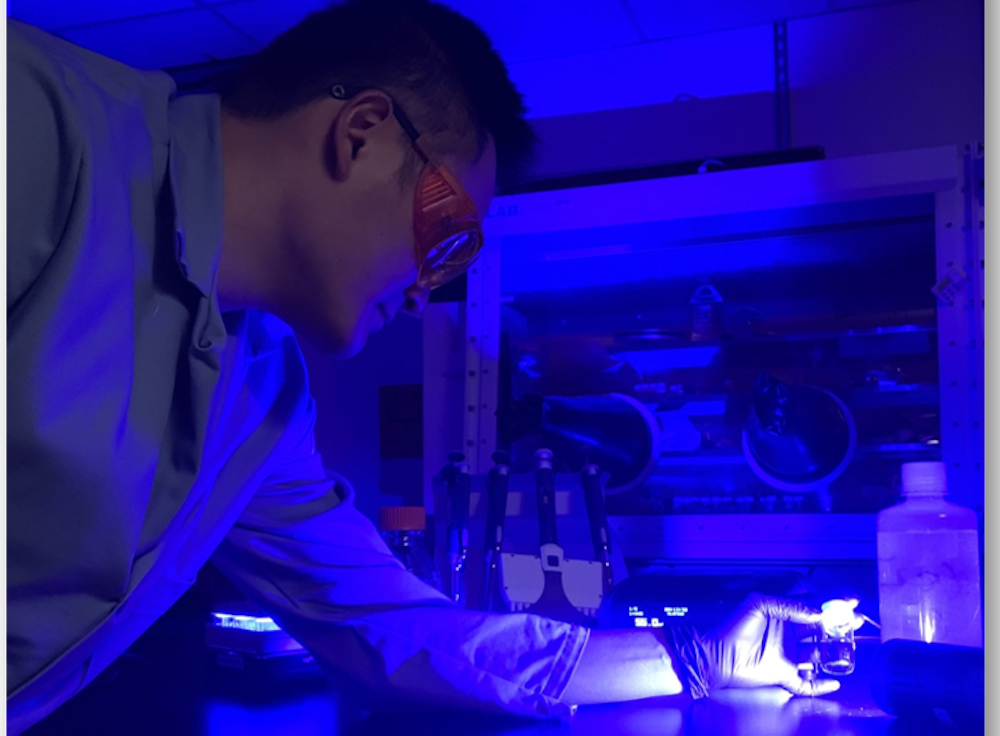
Chern-Hooi Lim, pictured here in the lab, co-founded New Iridium with Miyake and Brent Cutcliffe.
Identifying a need to pivot
Initially, Miyake, Lim and third co-founder Brent Cutcliffe focused on new ways to make plastics and pharmaceuticals but learned through their I-Corps process that the timeline for commercial success in those industries was too slow because of the required regulatory approvals. So they shifted their focus to lower carbon commodity chemicals sold in large amounts to industry, in hopes of generating revenue more quickly. Miyake said the I-Corps process of calling on prospective customers created a network that’s benefitting them even now.
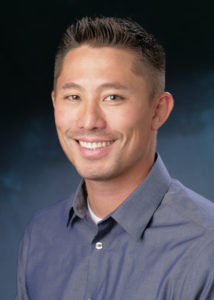
“It allowed us to make connections in the commodity chemicals sector, which has led to joint development agreements and collaborations to apply our expertise in a way that addresses their challenges,” he explained.
Miyake is also a co-founder of Cypris Materials, a company established in 2019 that makes color coatings that are reflective and more environmentally friendly than traditional paints, inks and coatings. By reflecting infrared light rather than absorbing it, the coatings can reduce cooling loads needed for everything from buildings to cars. Miyake said Cypris Materials also benefitted from the I-Corps training because the company was essentially creating color in a way that hadn’t been done before, so the potential applications were uncharted territory.
“They had to establish markets for technology that wasn’t out there yet, so the I-Corps program and customer discovery efforts really helped identify areas where the technology could be commercialized,” he explained.
For more information and support for innovation and entrepreneurship at CSU, visit innovate.colostate.edu.